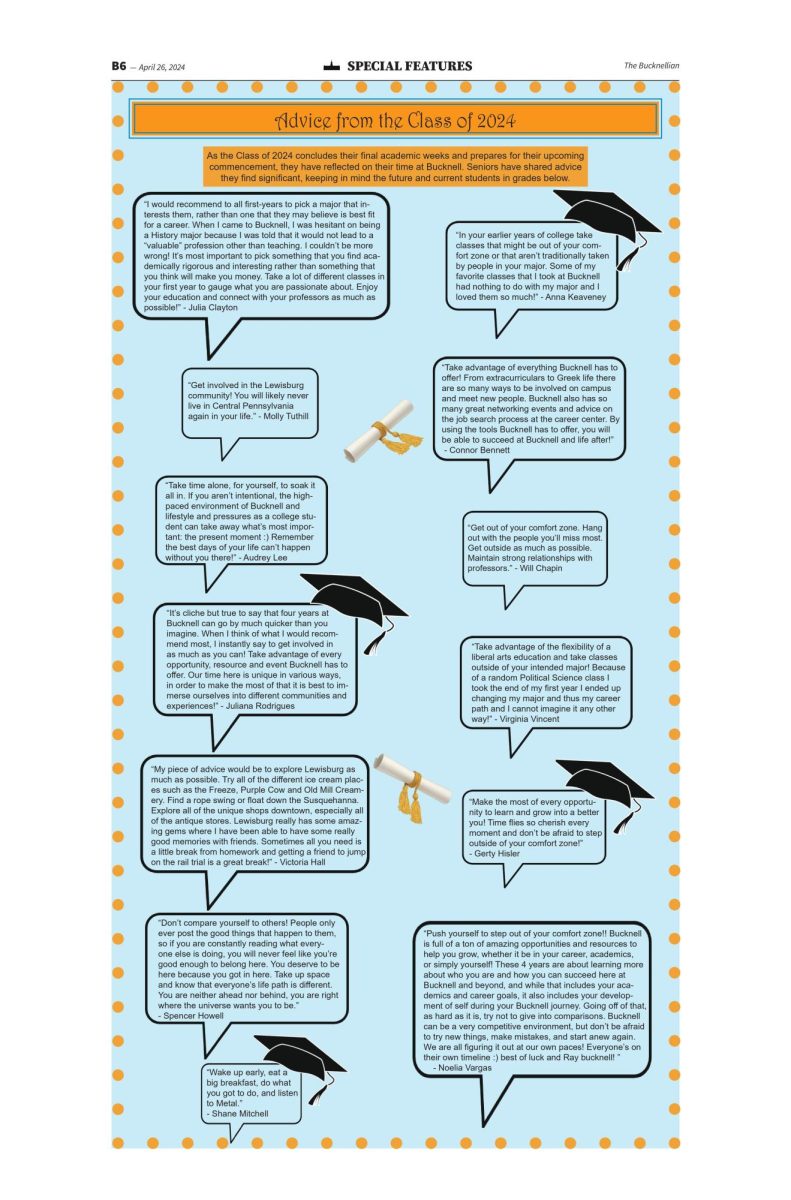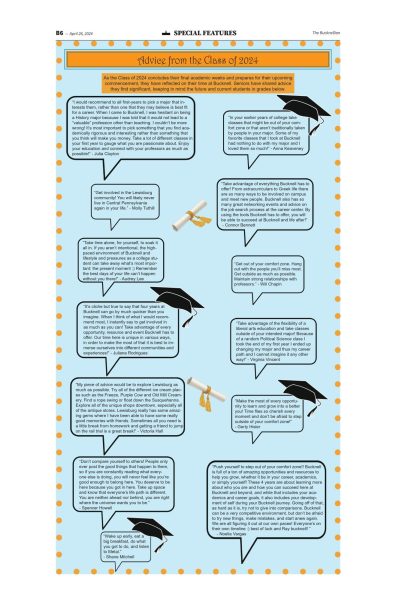The Pro-Birth Movement and Exploitation: The Implications of Senate Bill 8
September 8, 2021
On Sept. 1, 2021, the U.S. Supreme Court failed to block Texas Senate Bill 8, once again proving that while the First Amendment is guaranteed to all Americans, it is apparently only applied in practice by and for Evangelical Christians. This new legislation, commonly known as a “heartbeat bill” — the likes of which are in the process of being passed in multiple red states across the country — prohibits abortion six weeks after conception, before most women know they are pregnant. The mechanics of the bill place the law in the hands of private citizens by allowing any American to sue those involved in the obtainment of an abortion for up to $10,000. The simple fact that Texas has effectively placed a bounty on the heads of anyone (even rideshare drivers) who “aid and abet” an otherwise perfectly legal medical procedure is a disturbing precedent in and of itself. Potentially even more disturbing, however, is the fact that the ban provides no exception for victims of rape or incest, or in instances of medical necessity where the life of the mother would be threatened by carrying the pregnancy to term.
Effectively, the Texas legislature has banned abortion for all women and given no consideration to the health and safety of any child-bearing person in their state. One immediately thinks of rape survivors already dealing with the trauma of their assault, now being forced to carry out a similarly traumatic pregnancy. One thinks of children as young as eleven, who would likely not survive the process of carrying a pregnancy to term. One thinks of the medical emergencies that can arise: the undeniable irresponsibility of a state placing the lives of unborn fetuses over the health, well-being, and survival of its women. Most importantly, however, one thinks of the blatant religious and governmental overreach of a legislative body overriding constitutionally guaranteed bodily autonomy with religious dogma. The simple fact is, despite how jarring the methodology and extent of this ban is, the reasoning behind a woman receiving an abortion is between her and her medical provider — no one else, and certainly not a body of religious individuals using their morals to violate the freedoms of other citizens.
The tragic reality of this ban is that it has been a long time coming. The remnants of the Trump administration are persistent in many facets of American governance, most prominently in his three Supreme Court nominees — all of whom voted to allow this ban to take effect. Anti-abortion as a concept, however, extends much further back; the war on women began a long time ago, and how we define that war is crucial. The war on women, as it has always existed, is rooted in exploitation. It takes form by denying others’ bodily autonomy and in the refusal of medical care that can define a woman’s future. It takes form by valuing religious subjectivity over the objective truth of human rights, and it takes shape in the disproportionate effects of anti-abortion on the working class and women in minority communities. The war on women is certainly not a war on all women — the daughters and mistresses of supposedly religious Texas legislators will always have access to abortion. It is impoverished women, women of color, and women who are survivors of abuse that will be negatively impacted.
This law conveniently comes at a time when teenage pregnancy and child-related poverty are on the decline; birth control and access to abortion have allowed women to further their socioeconomic status, giving them relative control over their lives and futures — a mere glimpse at equality. Why, then, rip abortion access away without considering the already overrun foster care system, sparse availability of childcare and education, lack of universal healthcare, or any other policies that would support young mothers? Despite what politicians have peddled for decades, the answer has never been Christianity. The answer has always been patriarchal power. In short: those in power need abortion to disappear to maintain their own status via control over the lives and bodies of women in this country. There is no exception for rape victims in this law because the Texas legislature does not care about rape victims. In fact, refusing to legislate this exception serves their interests — it extends the patriarchy and imbalance of power. Similarly, the Texas legislature does not care about teenage pregnancy or the inevitable rise of maternal mortality. There are no proposed policies that would support young mothers because Texas — as well as all the other states who will now impose similar legislation — thrive off of the proliferation of poverty, mortality, and exploitation among working-class women and women of color. Whether each individual who contributed to this law truly believes they are acting in the name of Christianity or not, their impact is inevitably anti-Christian. Legislating to end abortion is not pro-life; it is pro-birth, and it is pro-exploitation of women and their children. For those reasons, Texas Senate Bill 8 should only be seen as an extension of that ever-present war on women — and the Supreme Court’s failure to block such a blatant disregard for religious liberty and the right to autonomy can only be categorized as cowardice and complicity.
























John • Sep 13, 2021 at 4:55 pm
Elena: Thank you for sharing your passion and frustration with us. The way you feel about very real systems of patriarchal and capitalist marginalization is very valid. We need to hear about it!
I stand with you against those systems. But I also believe that life, even in the womb, is incredibly precious, and that we need to respect that preciousness, even in the law books.
Beyond the toxic two-party ideology that dominates the abortion debate, would you be willing to agree that there are “pro-lifers” who think, feel, advocate, and pray in good faith on this issue?
Joseph Paul Bering Jr. MD FACC • Sep 10, 2021 at 10:09 pm
“Legislating to end abortion is not pro-life….. and the Supreme Court’s failure to block such a blatant disregard for religious liberty… can only be categorized as cowardice and complicity.” My oh my! Talk about Orwellian “double-speak!” As if the wanton murder and willful ignominious deaths of innocent, voiceless, unborn souls under the euphemism of “reproductive choice” is pro-life and held in commendable regard for “religious liberty.” Is it any wonder that I vowed years ago never to donate a penny to Bucknell University’s general fund drives? Nor is it any wonder that my conservative responses to Opinions in the Bucknellian are either quickly and conveniently “removed” from or never published by the “woke” folks in charge of this newspaper. God help us all.
Andrea • Sep 10, 2021 at 4:37 pm
Very well said!